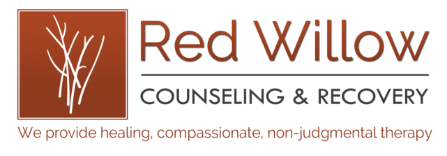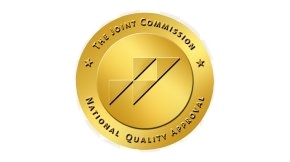
Journaling and writing down thoughts has been a practice since ancient civilizations. As mental health awareness becomes a more popular topic, journaling is utilized to help process emotions, track progress, and improve mood. Journaling for mental health has helped many patients navigate addiction, depression, anxiety, health concerns, and anger. This blog will share some tips on how to get into journaling and what it can do for you.
How To Start Journaling
Starting something new can be daunting. Learning a skill or being a beginner can make many people nervous, especially the fear of failure. When you begin journaling, you have complete freedom over the medium, how you use your journal, if you use prompts and much more. The biggest thing to remember when journaling is to remain authentic. Don’t sensor yourself, second guess your feelings, or worry about being perfect.
Set Aside Time
Many adults have a busy life and lots of responsibilities, so setting aside extra time can be a challenge. When it comes to journaling, when you rush you limit some of the benefits that can come from self-reflection. Carving out specific journaling time will help you stay consistent and let out feelings after a long day.
Create A Cozy Space
Another way to enjoy journaling is by creating a designated cozy space. It can be easier to open up when you feel comfortable and cozy in this space. A journaling space will give you a spot to get away from others or distractions as well.
Top Benefits Of Journaling For Mental Health
Improves Mood
Those who struggle with anxiety, depression, OCD, grief, or PTSD can benefit from journaling to help boost their mood. When you are having a particularly rough day, writing down your emotions, doodling, or making a gratitude list can help.

Writing about items like a highlight of a day, what made you feel happy, and how you took care of your mental health and mood can be refreshing and help you reflect on your progress.
Encourages Problem-Solving
Writing down challenges and multiple solutions can help you narrow down your choices. Journaling stimulates creative thinking and problem-solving skills that can be hard with a mental illness. You can view issues from a new perspective and brainstorm outcomes without consequences.
Track Progress And Growth
Looking back on past years or months can help people see how far they have come. Tracking emotions, symptoms, and thoughts is beneficial to track patterns for yourself and your therapist. Tracking can boost confidence in continuing mental health treatment when times get stressful.
Enhance Self Awareness
Consistent reflection on your thoughts will give you deeper insight into your behavior, mental patterns, triggers, and more. Increased self-awareness and reflection help to make us better people and have more emotionally appropriate responses.
Improve Gratitude
Gratitude journaling is a very popular method for many people. Writing down what you are thankful for instead of dwelling on the negative is a great way to improve your mental health. Shifting our perspective to look for the positives will increase overall happiness.
Combining Journaling With Therapy
Therapists may suggest that their patients start a journal because of the mood-boosting benefits and ability to process emotions healthily. By journaling, you are also able to relay challenges and emotions to a therapist with ease. Journaling can be a type of homework for therapy patients to try a new coping skill or problem-solving.

If you are struggling to communicate your feelings to a therapist, writing them down in a journal to give to your therapist can help. Even if you don’t feel comfortable writing, your journal doesn’t need to be perfect in order to be beneficial.
Therapy From Red Willow
Our offices have many therapists who specialize in a variety of issues to help you stay on top of your health. Red Willow Counseling and Recovery focuses on treating mental health, substance abuse, addiction, grief, trauma, and more. Our team is passionate about providing compassionate care for all in our community. With locations in Salt Lake City and Park City, we can provide the help that people need in a timely manner. Reach out to us to schedule a therapy appointment or check out our free resources.





